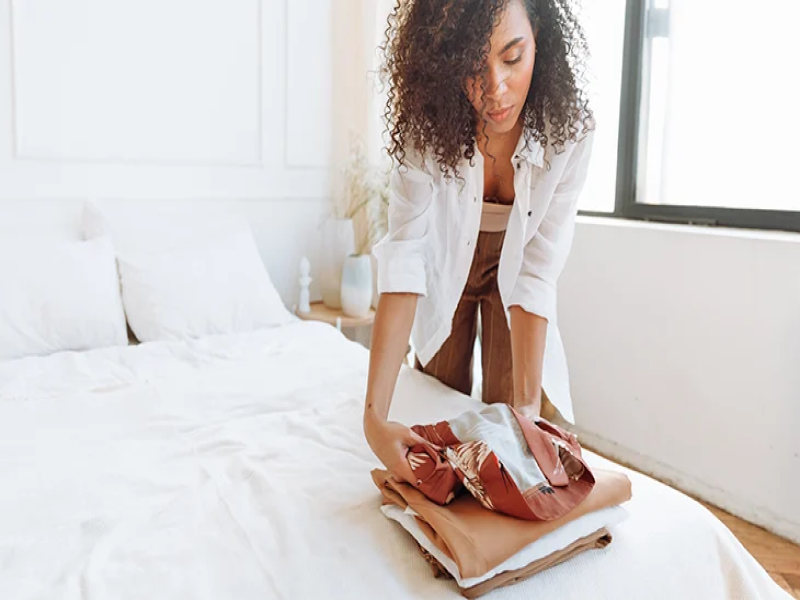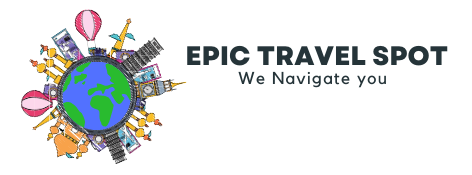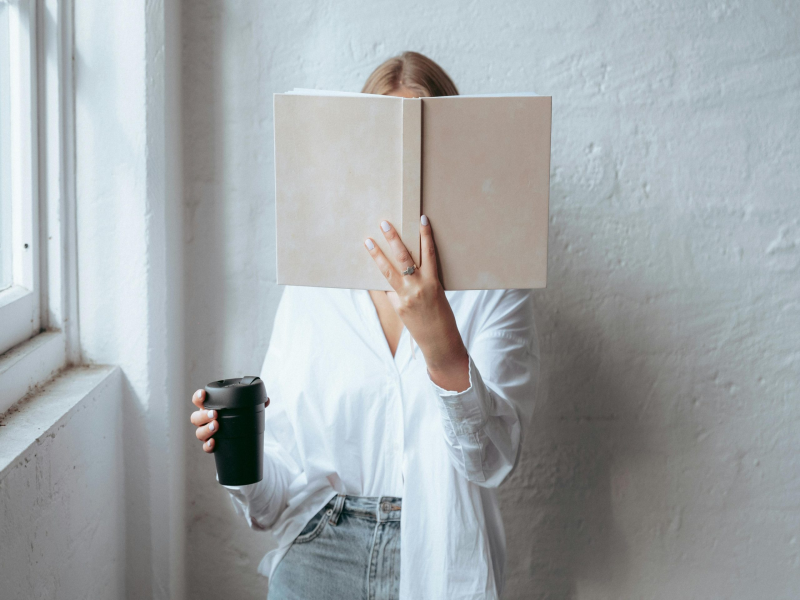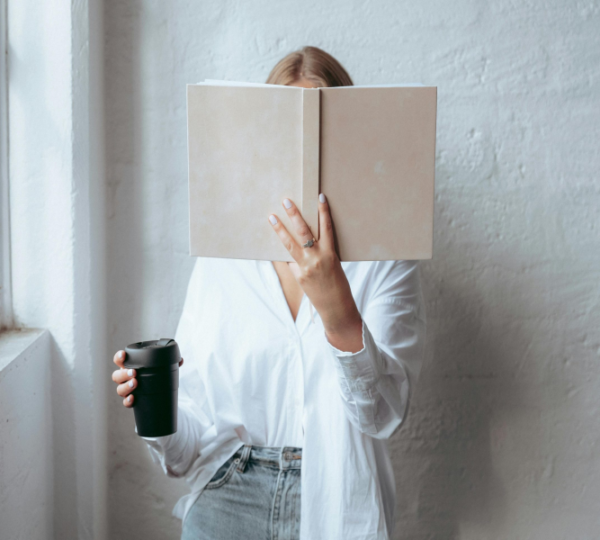Introduction
Do you also recall that one moment when you hurried home from work, and a pile of dirty clothes, unwashed dishes, and a list of thoughts in your head? Or maybe you’ve been overwhelmed by the sheer quantity of stuff you possess and each needs to be tended for. These are common experiences in our consumer-driven society, but there’s a growing movement that offers a different path: minimalism. – The Freedom of Less
It often is only associated with an ethically slender lifestyle since it extends to one’s life and points toward happiness, liberty and happiness.

The Problem with Excess
It is therefore clearly evident that abundance is the hallmark of todays world. These days we are flooded with ads, sales, and new shiny things – all of which try to get us to consume even more. While material possessions can bring temporary pleasure, they can also lead to a host of problems:
- Clutter and Disorganization: Clutter takes up space and people can never find what they want so they either get frustrated or squander time in searching for it.
- Financial Stress: The pursuit of the new creates a whirlpool of spending and can therefore always leave us cash strapped and feeling explained.
- Reduced Productivity: Mess in your environment interferes with your concentration and efficiency of work.
- Increased Stress and Anxiety: There are research literature evidences that show that having a messy environment is related to stress and anxiety.
But by following minimalism you can find yourself out of those burdens and make your life much calmer and happier.
The Benefits of Minimalism
There is so much that minimalism has to give that can enhance your existence. By simplifying your possessions and focusing on what truly matters, you can experience:
- Reduced Stress and Anxiety: Clutter builds up stress, dissatisfaction and anxiety in a discovery that a clean surrounding can massively improve one’s well-being. If you’re not inundated with stimuli and noise all the time, you have the opportunity to rest your mind.
- Improved Focus and Productivity: It is now known that a simple lifestyle in particular increases your ability to concentrate and work. Less distraction means more focus to what you are supposed to be doing at that particular juncture in life.
- Enhanced Financial Freedom: It will also save you cash as you will not be investing in many items, which you won’t be needing all the same. This in turn means increased economic stability and, therefore, the ability to do what one wants.
- Greater Appreciation for Possessions: You will develop keen interest in each and every item you possess if you possess minimal things. The care taken to your property will improve and you will think twice before spending your money.
- Increased Time Freedom: The practice of minimalism saves a lot of time. You won’t be using much time frequently washing, tidying up, or fixing various items you own. This extra time can be spent in hobbies or with family and friends or can just be used to idle away the time.
- A More Sustainable Lifestyle: Because everything you eat decreases environmental risk, eating less is an even better way of minimizing your environmental footprint. Minimalism advocates for a conscious use of resources and products or; products, hence making it easier to save them and avoid wastage.
This is what minimalism is all about and by engaging in minimalist living, you can enjoy a simple, happier, healthier and more effective existence.
How to Embrace Minimalism
Decluttering your life may sound complicated, but it is actually a process that is best known as minimalism. Here are some practical tips to help you get started:
Start Small:
- Declutter One Area at a Time: Start with a simple project, a drawer or a shelf for instance is not so overwhelming.
- The One-In, One-Out Rule: When purchasing a new item, make sure you have a rule not to bring it into your home unless you have thrown out something else.
- The 80/20 Rule: Determine which of your items are most used, thus allocating the larger part of your space to them. When simplifying one has to concentrate on the other 80% of the house.
Mindful Consumption:
- Quality Over Quantity: Make sure to choose expensive things that will not deteriorate quickly.
- Shop Intentionally: Avoid the temptation to ‘browse’ when you go shopping with a shopping list and buy only what is on the list.
- Avoid Impulse Purchases: Always pause for a little while and check whether you really require something before purchasing that product.
- Digital Minimalism: Clean up your digital clutter, this involves deleting pointless files, unsubscribing to lists you don’t need or contributing to and avoiding the screen for longer than necessary.
Minimalist Home Decor:
- Neutral Color Palette: Maintain a low intensity environment favored by pastel colors.
- Functional Furniture: It is advisable to make your selection with pieces that are multifunctional.
- Minimalist Art and Decor: This is the reason why one or two good pieces will do for your home decoration.
- Declutter Regularly: In order to avoid building heaps of clutter at home, the parties should designate certain periods of time each week for tidying up.
By following these tips, and making these decisions, you can start the process of making your life less cluttered and more enjoyably simple.

Overcoming Challenges
Acceptance of minimalism is not very easy as people live in a world of consumption. Here are some common challenges and strategies to overcome them:
Emotional Attachment to Possessions:
- The Sentimental Item Box: Design a box for memory and cherished items. Try to go through it and if something doesn’t make you happy anymore, and should be disposed.
- The One-Year Rule: Basic rule is, if you have not utilized an item for a year then it should be donated or sold.
Fear of Missing Out (FOMO):
- Practice Self-Awareness: Identify the cause of your FOMO, and treat it.
- Focus on Experiences: Events are better than things.
Societal Pressure:
- Set Boundaries: You don’t have to adhere to a schedule set by other people.
- Educate Others: Make sure to submit stories to those close to you so that you can help encourage them into adopting a minimalist life.
As we conclude, minimalism it is a process for opting out of the cult of stuff and it is always a personal decision. It does not matter how it is done, there is no correct answer. The only solution here is to discover which system is most effective for you and be tolerant of yourself in the process.
When you overcome these challenges, you can enjoy the following merits of minimalist life:
Conclusion
Therefore, minimalism is not about giving up things, but about giving a place to the meaningful. If we reduce the complexity of the environment and eliminate all the noise that hinders us from doing what we want and need to do, we are likely to get rid of the waste products of modern society that sap our spirits and enfeeble our minds. Minimalism presents a chance of attaining the optimum state of life where people’s efforts and precious resources are used to create the ultimate value, which differentiates them from wealth: meaning connections, learning, and personal development. Finally, less frees us up to live with purpose, to be grateful and to be clear with ourselves and with our world. Reducing these things in our lives, we also remove distractions and strive to get closer to who we are and what we want.
This is quite contrary to what one may feel like the vogue kind of lifestyle – not a deprivation but a deliberate release from materialism and abundance and complexity, and in its place, the ability to find and explore the meaning of life. We start discarding things from our lives and embracing the bare minimum since having done so brings nothing but purpose, serenity, and truth. I am saying that with minimalism comes all the freedom to live a fuller and more meaningful life, where less is even more.

References
Here are some references that could support the ideas presented in The Freedom of Less: Embracing Minimalism for a More Fulfilling Life:
- Beaudry, K. (2015).The Life-Changing Magic of Tidying Up: The Japanese Art of Decluttering and Organizing. Ten Speed Press.
- Marie Kondo’s book is a foundational text on minimalism, emphasizing decluttering as a path to a more meaningful life.
- Elgin, D. (2015).Voluntary Simplicity: Toward a Way of Life That Is Outwardly Simple, Inwardly Rich. HarperOne.
- This book provides insight into how simplifying our material world leads to deeper spiritual and emotional fulfillment.
- Miller, L. (2019).The Minimalist Entrepreneur: How Great Founders Do More with Less. Stripe Press.
- This resource focuses on how minimalism can be applied to entrepreneurship, highlighting efficiency and intentional living in business practices.
- Li, S. (2021).Minimalism: A Documentary About the Important Things. Netflix.
- This documentary presents the personal stories of individuals who have adopted minimalism, showcasing how it leads to greater happiness and clarity.
- Baker, F. (2020).The Minimalist Mindset: Declutter Your Life & Discover Your True Purpose. Simple Life Press.
- A practical guide on adopting minimalism as a mindset, which promotes living with purpose and removing distractions.
- Walsh, R. (2011).The Mindful Way Through Depression: Freeing Yourself from Chronic Unhappiness. The Guilford Press.
- This book explores how mindfulness and minimalism can help people live more intentionally and reduce the mental clutter that contributes to stress and depression.




